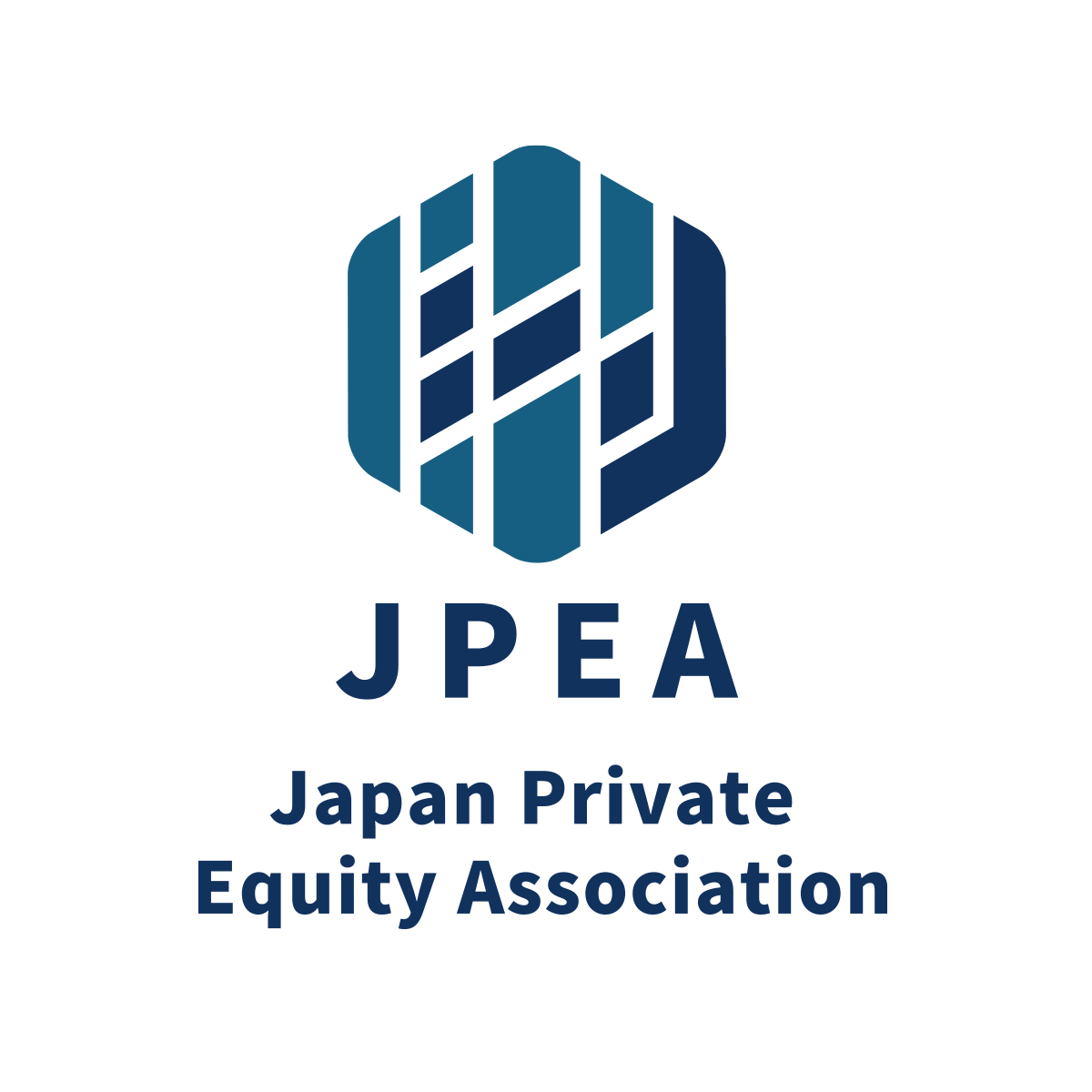- What is private equity?
- Private equity means stocks that are not publicly traded on a stock exchange in the broad sense. Investment by acquiring or underwriting shares in nonpublic companies is called private equity investment. Private equity investments include tender offers for the shares of listed companies that result in a delisting under agreement with the management of the listed companies. Private equity investments in the broad sense include all investments involving the acquisition or underwriting of shares in nonpublic companies, including venture-capital investments. Usually, however, small-scale investments in venture businesses during the startup stage are called venture-capital investments. In contrast, private equity investments provide relatively large amounts of funding for companies during the growth or mature stages or offer shareholders of those companies the opportunity to sell their shares. Private equity investments are sometimes called buyout investments, because they often involve taking control of a company through the acquisition of a controlling interest.
The features of private equity investment are acquiring, in principle, a controlling interest in a company in agreement with management, dispatching officers, helping to improve corporate value by actively supporting management over the medium and long terms, and ultimately selling the shares through an IPO, a transfer to a third party, or a stock repurchase.
- What is a fund?
- A fund is a financial instrument that invests money that is collected from investors for a particular purpose. The fund distributes returns on investments to investors. Funds include private equity funds, hedge funds, commodity funds, and movie funds, which are set up in such forms as investment trusts, anonymous associations, business investment limited partnerships, and voluntary partnerships under the Civil Code.
A private equity fund collects funds from investors, including institutional investors, pension funds, operating companies, and individuals. The fund manager finds investment destinations, increases the corporate value of the investment destinations through business support, and earns a profit from the sale of the shares through an IPO and M&A.
- What is an MBO?
- “MBO” is short for “management buyout,” and describes an economic activity in which the management of a company purchases a controlling interest in that company from existing shareholders in collaboration with investors (such as private equity funds) or financial institutions outside the company. There are different types of MBO, including an MBO where the management takes the initiative and becomes a major shareholder of the new company after the buyout and an MBO in which outside investors take the initiative and the shareholding of management is low.
Japan has a traditional system called norenwake (helping set up another store with the same store name), and a management buyout is sometimes called a “modern version of norenwake.”
- What is a leveraged buyout?
- “LBO” is short for “leveraged buyout,” which is defined as a business investment method where borrowed money is used to pay the cost of an acquisition. Usually, the acquiring company uses cash flows of the company being acquired as collateral for funds, including senior loans, mezzanine loans, and preferred shares, which have different repayment priorities and interest rates.
- What types of added value does private equity provide for an investment destination?
- 1. Assessing the growth potential of the business, developing strategies for sustainable growth, and helping execute the strategies
-The private equity fund carefully assesses the growth potential of the business with existing management and sets a direction and a goal for the business from a medium- to long-term perspective. The fund then helps develop a growth strategy and a business plan for the medium to long term for the business to achieve sustainable growth towards its goal.
-The growth strategy and business plan that the private equity fund develops with existing management is only a starting point. Using experience investing in a range of industries and businesses, the private equity fund provides the support necessary for the steady and speedy execution of the growth strategy, which includes an overall management strategy as well as strategies for finance, sales, management, human resources, and operations.
2. Enhancing the organization, culture, and infrastructure of the company
-For a company’s growth potential to emerge over the medium to long term, it is especially important to build an environment that will motivate existing employees and management to work. The private equity fund supports the revitalization of the entire organization by clarifying goals for existing employees and management and raising motivation through the design and implementation of incentive plans such as the granting of stock options.
3. Introducing or inviting new managers to provide indirect support for existing management
-If the private equity fund needs to invite outside managers to provide indirect support for existing management, in addition to dispatching nonexecutive directors to the company after investing in it, the private equity fund will introduce outstanding people as needed, using the network cultivated through the fund’s investment experience.
4. Supporting M&A and global business deployment
-In an increasingly globalized business environment, the private equity fund actively supports M&A and overseas business deployment. In M&A, the private equity fund provides support in the selection of targets, due diligence, acquisition negotiations, and post-acquisition integration.
-The private equity fund provides support in business negotiations with entities that it has already invested in and that it has a relationship with and in the creation of business synergies through deep alliances.
5. Funding for growth
-Using its strong fund-raising capacity, the private equity fund meets a range of financing needs in accordance with different stages of growth at the company.

